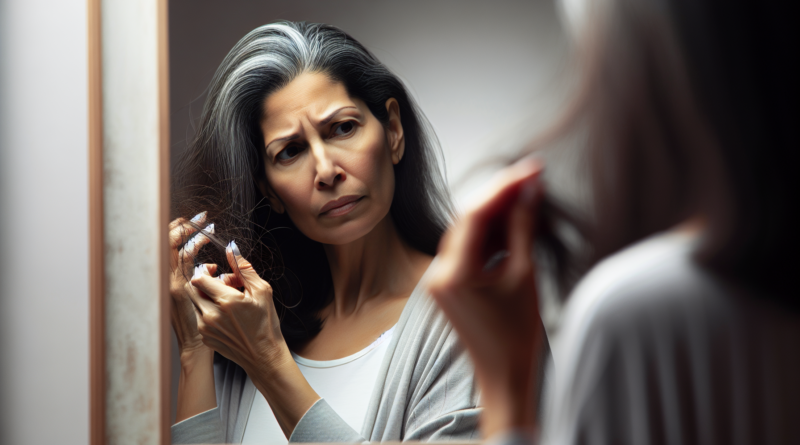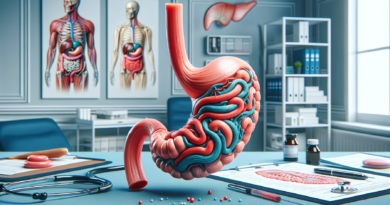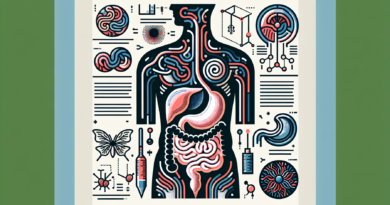Hair Loss: Causes and Solutions
Have you ever found yourself brushing your hair and realizing there’s quite a bit more than usual left behind on the brush? Don’t panic. Sure, it can be alarming, but it’s important to remember that hair loss is a common occurrence and something many of us will experience at some stage of life. In this comprehensive guide titled “Hair Loss: Causes and Solutions,” you’ll discover the various reasons behind hair loss, a range of possible solutions, and a selection of expert opinions that just might clear up your uncertainties and point you towards a suitable, practical solution to manage and perhaps even reverse your hair loss. From hormonal changes to diet, stress and even heredity, here is the chance to gain a clear understanding of why hair loss happens and choices that might be available to you for treatment. So, relax, take a deep breath, and prepare for an illuminating journey into the world of hair health and recovery.
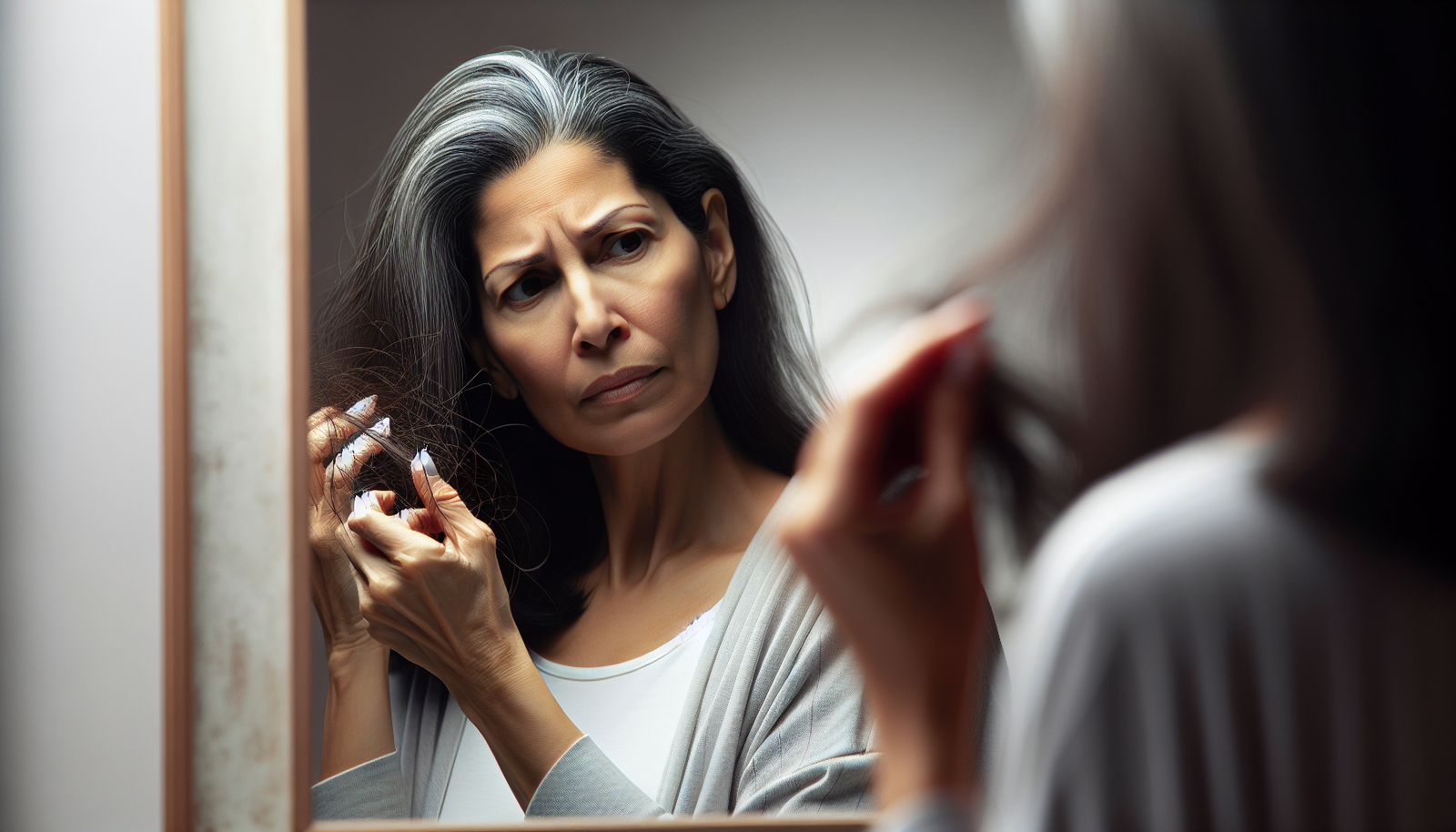
Understanding Hair Loss
Hair loss, can be an unfortunate part of life. Whether it happens due to genetics, medical conditions or simply aging, it’s a reality that many of us have to face at some point in our lives.
Defining Hair Loss
Hair loss, or alopecia, is the partial or complete absence of hair from areas of the body where it normally grows. This is different from hair shedding, which we’ll discuss later.
Typical Hair Growth Cycle
Your hair goes through cycles. It grows, rests, sheds, and then starts to grow again. Disruptions to this cycle can lead to hair loss.
Prevalence of Hair Loss
If you think you’re alone in this, you’re not. Hair loss is actually quite common, affecting millions of people all over the world.
Types of Hair Loss
There are several types of hair loss. Some, like androgenetic alopecia, are more common than others.
Alopecia Areata
This type is characterized by patchy hair loss, often in circular areas.
Androgenetic Alopecia
Also known as male or female pattern baldness, this type of hair loss is linked to genetics and affects many people as they age.
Traction Alopecia
This is caused due to pulling or traction on the hair, often as a result of certain hairstyles.
Telogen Effluvium
This causes thinning of the hair all over the scalp and is usually temporary.
Anagen Effluvium
This form of hair loss impacts the hair’s growth phase, leading to loss of hair before it fully grows.
Causes of Hair Loss
There are several causes of hair loss. Some of the most common include genetics, hormonal changes, medical conditions, stress, aging, and nutritional deficiencies.
Genetics and Hair Loss
Genetics plays a big role in hair loss. If your parents experienced hair loss, you may be more likely to as well.
Hormonal Changes
Hormones can have a significant impact on hair growth. Changes in hormones, particularly during pregnancy or menopause, can lead to hair loss.
Medical Conditions and Hair Loss
Certain medical conditions, such as thyroid disorders and anemia, can lead to hair loss.
Stress and Hair Loss
Stress is a big contributor to hair loss. High-stress incidents can disrupt the hair growth cycle, leading to loss of hair.
Aging and Hair Loss
As we age, our hair naturally starts to thin and shed more frequently.
Nutritional Deficiencies and Hair Loss
A lack of certain nutrients, including iron, can contribute to hair loss.
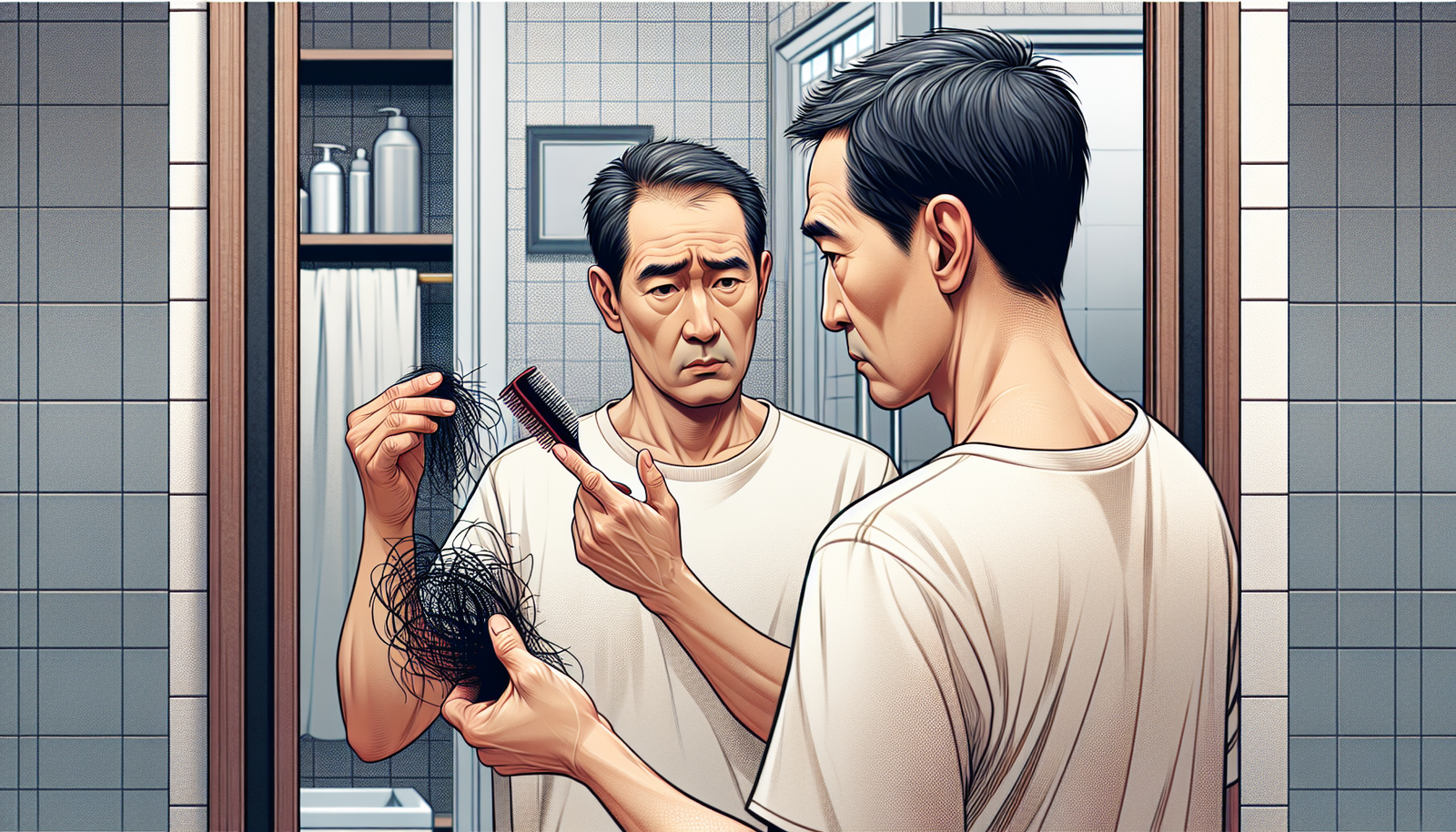
Recognizing Hair Loss
There are several signs of hair loss to watch for, including sudden or gradual thinning of hair, patchy bald spots, and complete loss of hair.
Signs of Hair Loss
These include thinning of hair, hair falling out in clumps, and bald spots appearing on the scalp.
Pattern Baldness
This type of hair loss usually occurs gradually and in predictable patterns.
Hair Shedding versus Hair Loss
It’s important to note that hair shedding (losing 50 to 100 hairs a day) is normal. Hair loss, on the other hand, involves losing significantly more than this.
Diagnosing Hair Loss
Diagnosis usually involves a combination of a medical history, physical examination, scalp biopsy, and blood tests.
Medical History
Your doctor will ask about your family history and any recent illnesses or medical treatments.
Physical Examination
The doctor will examine your scalp to see if there’s evidence of hair loss.
Scalp Biopsy
In some cases, a small sample of skin from the scalp might be removed and examined under a microscope.
Blood Tests
These might be done to determine if a medical condition is causing your hair loss.
Conventional Treatments for Hair Loss
There are a number of treatments available, including medicated lotions and gels, oral medications, injections, surgical procedures, and light therapy.
Minoxidil (Rogaine)
This is a topical medication that you apply to the scalp to promote hair growth.
Finasteride (Propecia)
This is a prescription oral medication that can help slow hair loss and promote new hair growth.
Corticosteroid Injections
These are used to treat alopecia areata and involve injecting medication into the scalp to stimulate hair growth.
Hair Transplant Surgery
This procedure involves moving small plugs of skin, each containing a few hairs, to bald parts of your scalp.
Laser Therapy
This involves using low-level lasers to stimulate hair growth.
Natural Remedies for Hair Loss
Natural remedies might help slow hair loss, and may be a good option if you’re looking for an alternative to conventional treatments.
Scalp Massage
Regularly massaging your scalp for a few minutes each day can help stimulate blood flow and promote hair growth.
Essential Oils
Certain essential oils, including rosemary and peppermint, may help promote hair growth.
Supplements for Hair Growth
Some supplements, like biotin and vitamin D, might help promote hair growth.
Healthy Diet and Hair Loss
A balanced diet can help maintain healthy hair and might slow hair loss.
Stress Management and Hair Loss
Since stress can contribute to hair loss, finding ways to manage stress can be an important part of treatment.
Preventing Hair Loss
While you can’t control things like genetics, there are certain lifestyle changes you can make to help prevent hair loss.
Healthy Lifestyle and Hair Loss
A healthy lifestyle, including regular exercise, can help improve your overall health and possibly slow hair loss.
Balanced Diet
A well-balanced diet can provide the nutrients your hair needs to remain healthy and strong.
Good Hair Care Routines
Taking good care of your hair, including avoiding harsh treatments, can prevent damage that might lead to hair loss.
Limit Use of Heat Tools and Chemical Products
These can damage your hair and increase the risk of hair loss.
Living with Hair Loss
Living with hair loss can be challenging, but there are ways to cope.
Emotional Impact of Hair Loss
Hair loss can have a significant impact on your self-esteem and confidence.
Building Self-esteem and Confidence
Finding ways to feel good about yourself, despite your hair loss, is important.
Seeking Support and Counselling
Talking to a counselor or joining a support group can provide comfort and practical advice.
Options for Hair Replacement
You might consider options like wigs, hairpieces, or even tattoos to replicate the look of a shaven scalp.
Exploring Future Treatments
While hair loss remains a persistent issue, ongoing research offers hope for the future.
Emerging Hair Loss Research
New studies are continually shedding light on the causes of hair loss and potential treatments.
Potential New Treatments
Research is currently being done on new ways to prevent and treat hair loss.
Future of Hair Loss Treatments
As our understanding of hair loss continues to grow, the future of treatments looks promising. Keep an eye out for the latest developments in this area as science marches forward!

